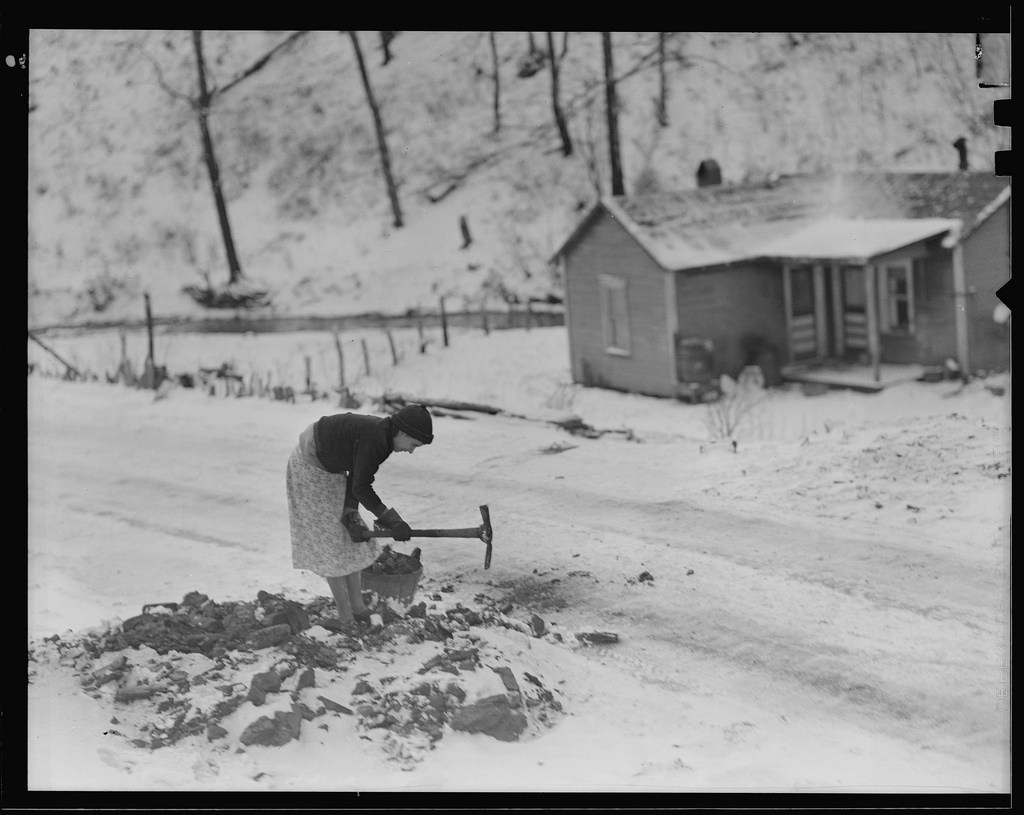 Thursday, April 24, 2014
Thursday, April 24, 2014 don't sweat the facebook changes

There have been some big changes to Facebook of late prompting many to ask why and if it is worth bothering with unless you have a budget to support it. Here is one take.
by Jon King
Having stepped away from local government comms for a year, I’m back in the saddle again at another authority.
Knowing a little about social media helped. And just as I was extolling the virtues of Facebook as a means of connecting with residents I had to remind myself that the game has changed a little in my absence.
The dreaded new algorithm has appeared like a malign force across the land, cutting a swathe through once promising levels of reach and leaving social media managers dazed and confused in its wake. Kevan Lee from Buffer outlined the issue in a recent blog.
Kevan reminds us that good social media is not rocket science or alchemy; it’s social marketing - effecting behavioural change. It took me back to a time when I was working in internal Business Development for another local authority. Back then, a service would happily boast about the 40,000 leaflets they produced in the last financial year as if it were a positive outcome. Apart from my concerns about the hectares of rainforest felled to produce the paper, my first question was “what happened as a result?” In other words, if you can’t track the customer journey and demonstrate a practical outcome, you’re wasting time and effort.
I would also ask them how many leaflets were left under their desk, in their original box, gathering dust. We’ve all been there.
Kevan argues that lower Facebook reach but measurable outcomes are preferable to higher reach alone and I reckon he’s on to something.
Here are a few of my own observations for what they are worth:
- Reach stats may be tempting to put in your report, especially if they are in the four or five figure range. Senior managers with little grasp on the nature of social media may well lap them up. But in reality they are as meaningless as equating the readership of a newspaper to the number of people who may have read your paid-for advert in the bottom left hand corner of page 17. If neither scenario produces measurable actions, you’re wasting your time and, in the second example, your money too
- Quoting the highest Facebook stat you can lay your hands on may release a few endorphins for now but sooner or later, when everyone wises up, you’re going to have to revise downwards to something more realistic. Let’s be smarter about the kind of stats we use, particularly if we can demonstrate that bigger isn’t always better
- When posting, try and set up the digital equivalent of a paper trail. Add a link to content on your own online presence and you can use independent analytics to follow your bread crumb trail. Now you can boast about the number of people who were led to your web site from Facebook
- Not always but occasionally include a simple call to action. A good example would be “Want to sign up for our.....service?” One click on the link would lead to the web page where the customer can sign up. Now you have something to show for your efforts
- It doesn’t have to be a transaction. Customers responding to an open question produce a statistic that demonstrates engagement. Though it may be a lower figure than your reach, it is still more valuable.
So, I’ve got over my initial disappointment at the commercialisation of Facebook even though they may have sold out to The Man, to use a sixties analogy. It’s simply another example of the slow realisation that social media are not another country. They don’t replace common sense and they don’t remove the need to effect behavioural change. Keep that in mind and don’t sweat the reach stats.
Jon King is a Communications & Marketing Officer at Telford & Wrekin Council in the West Midlands. He blogs at www.charlemont.wordpress.com.
Missing us? Want to stay up-to-date? Make us smile. You can sign up for our regular email newsletter right here.
 Print Article | | Comments Off
Print Article | | Comments Off  facebook,
facebook,  social media
social media 













